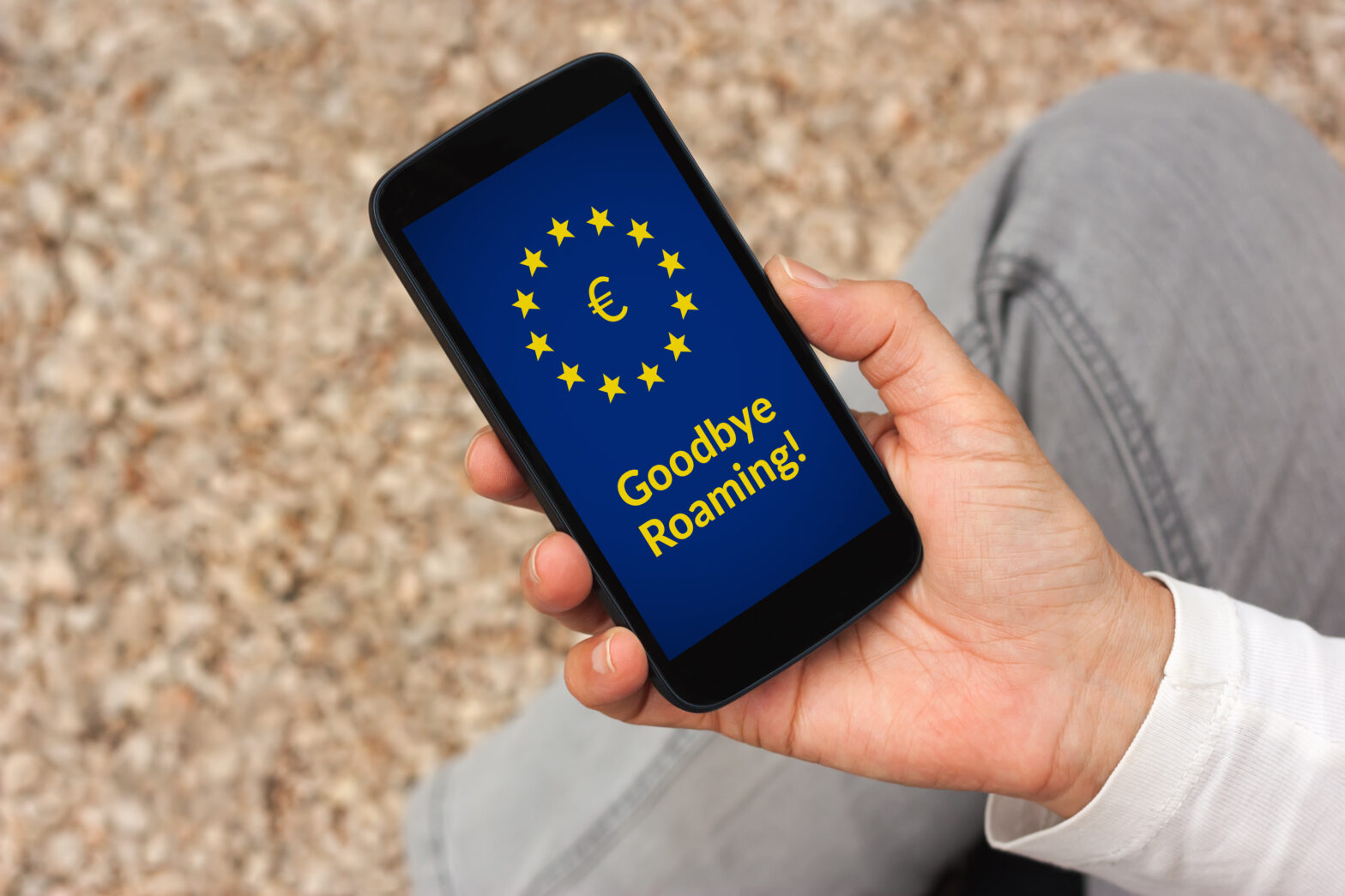It was the moment citizens had been waiting for, for many years, and quite frankly, it was long overdue. The European Commission ‘Roam Like at Home’ regulation means that users travelling within the EU can make calls and use their text and data allowances at the same rate they pay at home. It’s a huge win for businesses and consumers alike. But there are still considerations that need to be made to ensure that users can unlock the best deals and highest quality of service in this new environment.
The law, which finally came into power on 15th June marks the end of a ten-year journey that has seen European lawmakers wrangling with the terms. Most are rejoicing about the fact that it’s now cheaper than ever to browse the internet while on holiday, but they should also be aware that it isn’t completely a free pass.
>See also: Remittance and mobile payment services provide financial identity
For example, some customers with low-cost tariffs could find that although they’ll be able to use some of their data allowance abroad, they will still need to pay to use the remainder. It will require a check with your operator to clarify the small print.
But the concerns go deeper still. Brexit is the elephant in the room for a lot of legislative conversations. This is one of them. As things stand, the regulation isn’t automatically incorporated into UK law. It will be down to the UK government to decide whether we can keep cheap roaming abroad once we leave the EU. Therefore, the benefits we have right now might be short lived.
In these uncertain times, we need stability. According to Interoute, 94% of UK CIOs said that Brexit has impacted their IT decision-making and in terms of mobile, things are still up in their air.
For business users, the stakes are higher than most. Travel occurs more often than the average consumer. Plus, bills tend to spiral out of control when users are unsure about which countries are covered by their existing phone contract. With personal phone contracts, the bill payer is usually also the user. In enterprise, most users will never even see their contract let alone have a say in agreeing the terms.
>See also: Cross-border payments: as easy as a Facebook like?
With this is mind, it’s important to safeguard against every eventually. Irrespective of the country travelled to, the amount of calls made or data consumed, everything should be transparent and clear.
Smart voice services can help to address some of these issues and give users and telecoms decision makers governing company devices, more control. For instance, whether you’re working from an office or hotel overseas, this type of service gives you the ability to route your UK mobile calls to the nearest landline. This way, calls can be delivered to wherever you are working without incurring any roaming charges.
It also avoids high data charges associated with voice or messaging apps used abroad. Regular voice calls can also be routed via a local Wi-Fi network, meaning the end of roaming charges for places not covered by the new EU regulations.
>See also: How to determine the right mobile strategy for your business
No-one knows what the next couple of years will look like in terms of roaming legislation. And for businesses already operating in stormy waters, this is not a comfortable place to be.
Additionally, many will want to spread their wings wider than Europe and want their communication channels to be open wherever they travel. It’s therefore vital to get smarter with the way you make calls abroad and stay one step ahead of whatever Brexit decisions are made by MPs in the near future.
Sourced by James Foley, VP Customer Experience, Resilient
The UK’s largest conference for tech leadership, Tech Leaders Summit, returns on 14 September with 40+ top execs signed up to speak about the challenges and opportunities surrounding the most disruptive innovations facing the enterprise today. Secure your place at this prestigious summit by registering here







